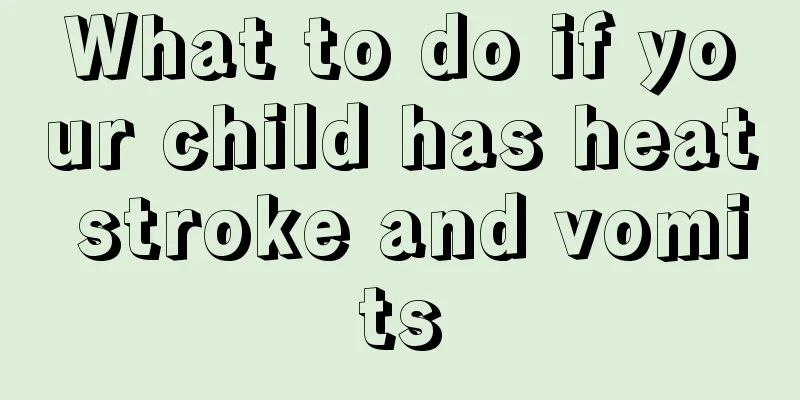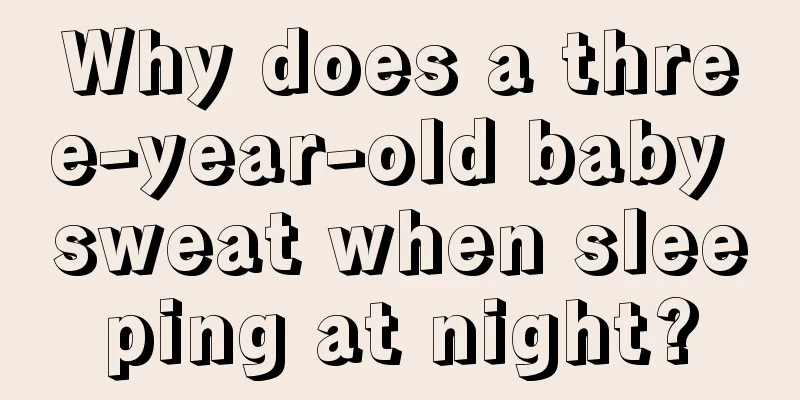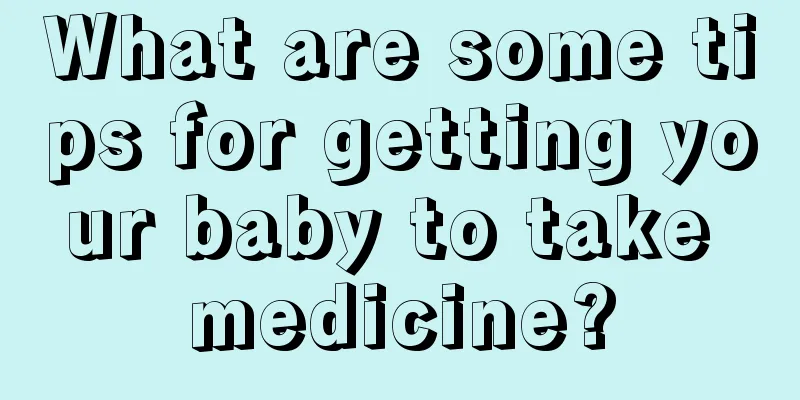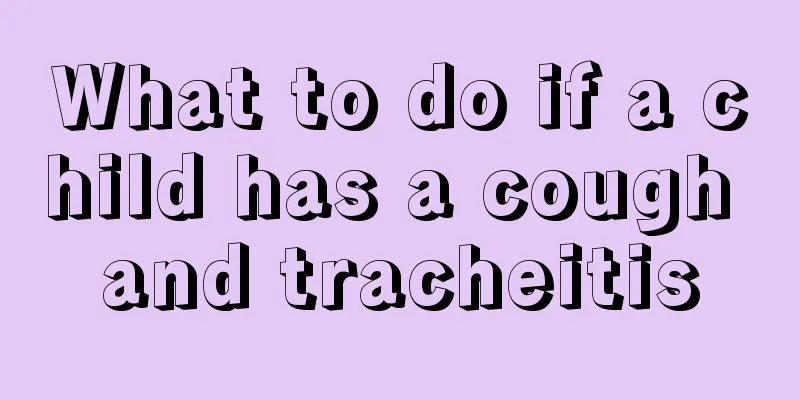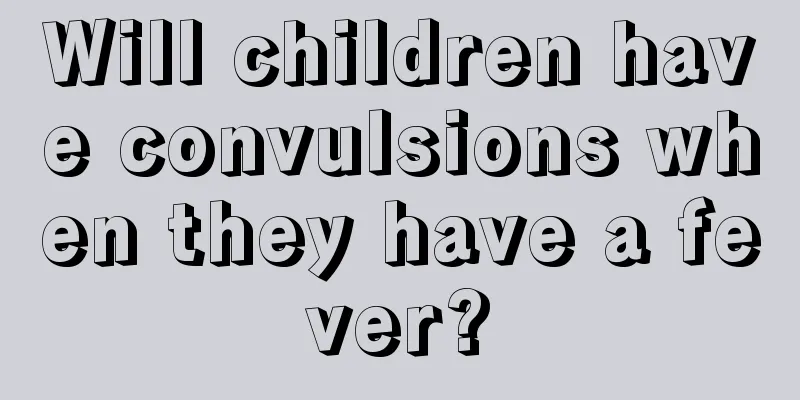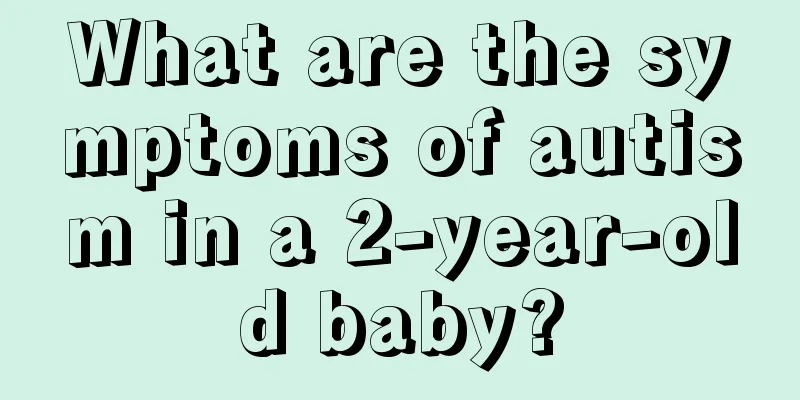Symptoms of cerebral hypoxia in 20-day-old neonates
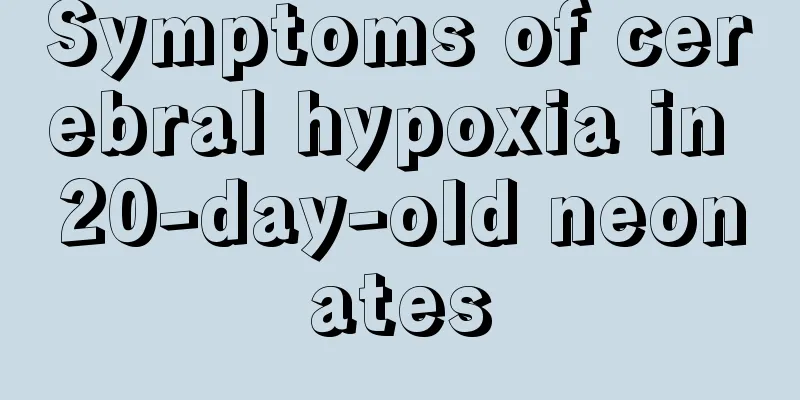
|
We all know that newborns are prone to brain hypoxia when they are just born. Once the newborn has brain hypoxia, it will affect the brain development of the newborn. If it is not treated in time, the child may suffer from cerebral palsy or brain necrosis. If the newborn has brain hypoxia, it will have many manifestations. So what are the manifestations of brain hypoxia in a 20-day-old newborn? What are the symptoms of cerebral hypoxia in a 20-day-old newborn?1. Mild: hyperarousal, irritable, excited and highly agitated (shaking, tremor), normal muscle tone, active hugging reflex, normal sucking reflex, stable breathing, no convulsions. The symptoms usually disappear gradually within 3 days and the prognosis is good. 2. Moderate: Depressed state, drowsiness or light coma, hypotonia, 50% of cases have convulsions, respiratory arrest and weakened hugging and sucking reflexes. The decrease in muscle tone in the upper limbs of full-term babies is more serious than that in the lower limbs, suggesting that the lesion involves the parasagittal sinus area. If a premature baby shows that the lower limb muscle tone is more severe than the upper limb, it indicates that the lesion is periventricular leukomalacia. If symptoms persist for more than 7-10 days, there may be sequelae. 3. Severe: The child is in a coma, with extremely low and loose muscle tone, disappearance of hug reflex and tendon reflex, unequal pupils, poor reaction to light, bulging anterior fontanelle, frequent convulsions, irregular or stopped breathing, and even respiratory failure. The mortality rate among children with severe disease is high, and survivors often have sequelae.
1. Due to prolonged lack of oxygen, brain cells are damaged, which may lead to sequelae such as mental retardation or movement disorders in the future. 2. The children have low resistance and are prone to diseases such as aspiration pneumonia, neonatal scleredema, hypocalcemia, hypoglycemia, neonatal intracranial hemorrhage and systemic infection. 3. There may be problems such as cerebral palsy, epilepsy, limb rigidity, etc.The above is all the content that the editor introduced to parents today about "What are the symptoms of cerebral hypoxia in 20-day-old newborns?" In case of such a situation, parents will also understand it. Of course, we all hope that every lovely baby can come into this world safely and grow up healthy and happy. |
<<: Symptoms of low intelligence in 3-year-old babies
>>: Baby's antihelix deformity
Recommend
The child has a broken ear
Children are gifts from God to their parents. Eve...
Why does my baby cough and retch?
Now, with the air pollution and the release of to...
What to do if your child has a fever at night
The growth of a child always concerns the parents...
Side effects of rabies vaccination for children
Children are young, and side effects are inevitab...
What should children pay attention to when they have measles
Children are at high risk of measles. Although th...
White spots on children's tonsils
If you find white spots in the throats of many ch...
How to correct children’s stuttering?
Children are born with the ability to learn durin...
Can babies drink red bean porridge?
Red bean porridge is a very nutritious food. Many...
What's wrong with the baby's vomiting blood?
The birth of a baby makes the mother who has just...
Is intravenous infusion necessary for hand, foot and mouth disease?
After your baby gets hand, foot and mouth disease...
How many teeth does a baby have when he is one and a half years old
Most babies start to grow teeth around one year o...
What are the symptoms of antral gastritis in children?
Children's gastrointestinal function is very ...
Is circumcision good for children?
When children are six or seven years old, many pa...
What should I do if my child is timid and afraid of things?
Whether adults or minors, they will have fears ab...
Causes and treatment of acute gastroenteritis in children
Acute gastroenteritis in children is a common dig...
